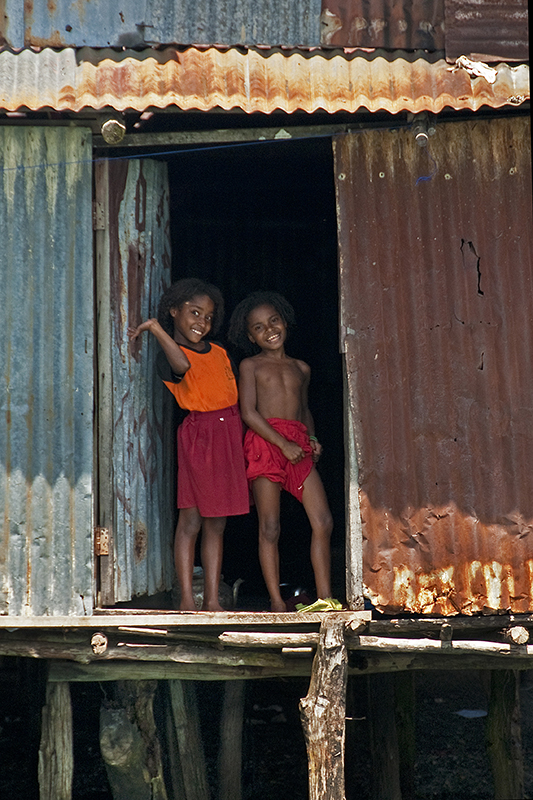
The ecological crisis is in short
a population crisis.
Mikhail Gorbachev
The wild, wild West has moved south, from the U.S. to Brazil, where it is thriving in all its gold, glory, and decadence. The geography has changed but, with a few exceptions, the story and mistakes are more or less the same. The Oregon trail is now the Trans-Amazonia Highway, the Conestoga wagon a rickety old bus, and the prairie homestead is a jungle bungalow. To fuel the migratory fires, California gold has resurfaced in Rondonia. A closer look at the brief and bungled history of Rondonia will shed light on the plight of Brazil's imperiled western wilderness.
The rush began in the early 1980s as population growth in the region soared to 15 percent, five times the "explosive" rate as defined by demographers. The "dirt poor" of the east fled west. Sound familiar? They poured out of Rio and Sao Paulo to the steamy hope of Rondonia, a state as far west as Brazil gets. They dreamed of riches, or at least a better life, hacked out of the jungles of Amazonia. The newly paved BR-364, a 900 mile artery through the wilderness, made it easy for hundreds of thousands to switch slums.
Socially the new wild west has repeated, or even surpassed, former frontier debauchery to the north. The lawlessness, greed, and raunchy night music are all there, in the company of women and booze. Add guns to the mix and murder is matter-of-fact. Same ol', same ol'.
But the social ills go beyond guns and STDs. The place is crawling with kids who have no school, or anything else useful to do for that matter. Imagine the mischief they can dream up with all that spare time. Electricity is only for the rich in Rondonia, and stratospheric inflation means few are. Luxuries such as clean air and water, modern health care, and sanitation seem frivolous when you're hungry and homeless. I doubt they're concerned about biodiversity loss, either.